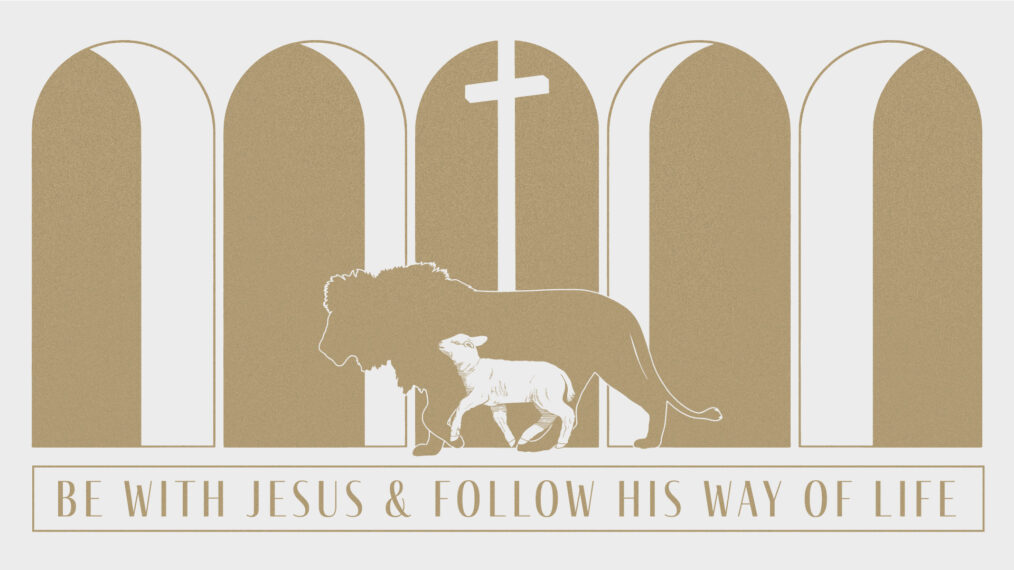Podcast: Play in new window | Download
When reflecting on the history of redemption, it’s clear that God writes long stories. Long chapters of conflict, confusion, darkness, silence, and a lot of waiting often mark those s. Advent reminds us that the story of Jesus begins not with resolution but with people waiting in the midst of prolonged tension.
The Gospel according to Luke opens with God’s people caught between promise and fulfillment. We encounter many characters there who model the honest struggle for faith in seasons of waiting, confusion, and disruption. These portraits of real people—and God’s real responses to them—provide a guide for how we engage with God in the real tensions of life: when we feel the ache, when we don’t have clarity, and when hope feels like a battle.





